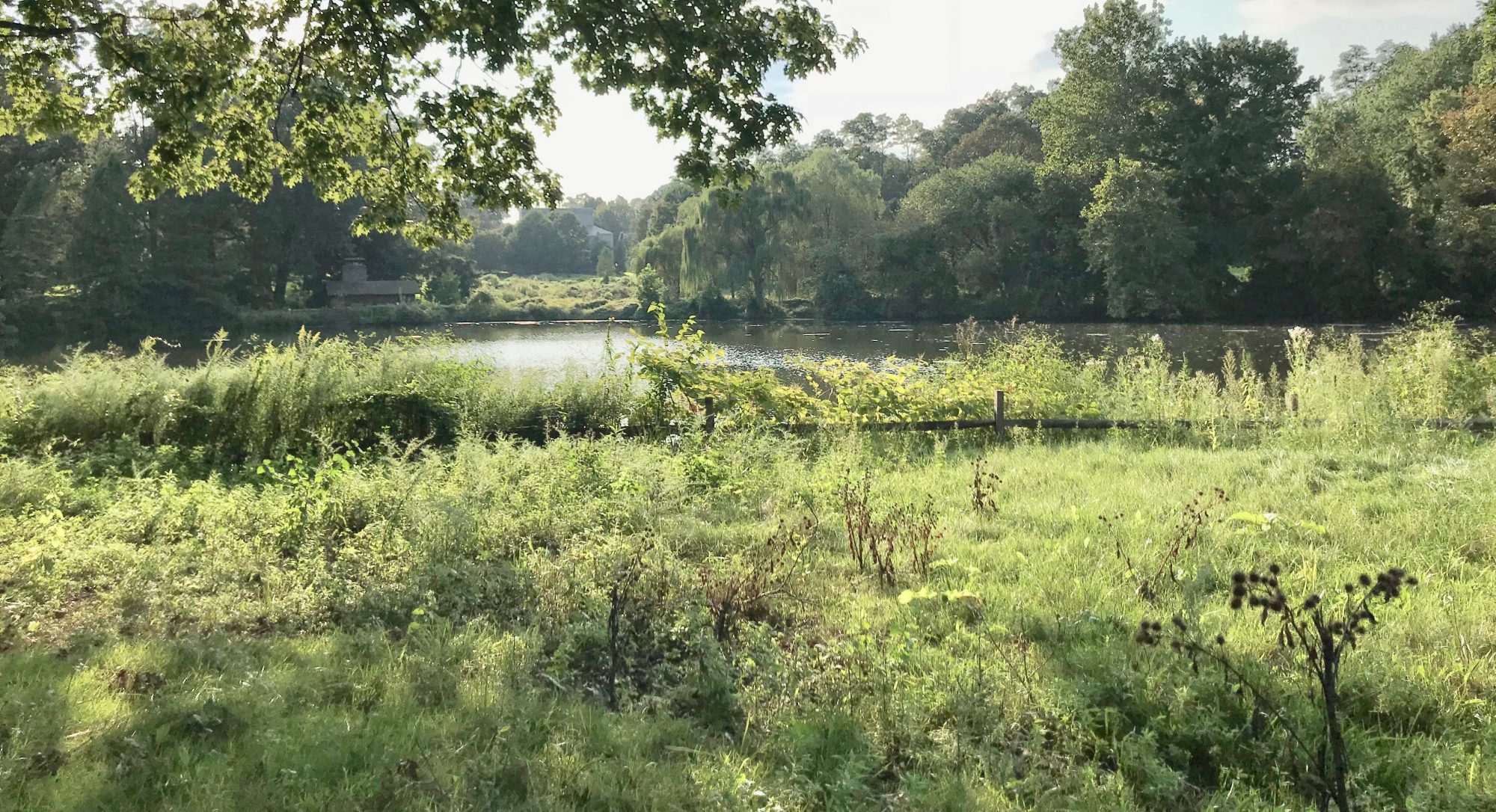by Sarina Smith
As children, many of us were taught that being grateful for all that we have and giving back to others will make us happier than simply receiving gifts. As kids and even adults, we often overlook this age-old lesson and sometimes dismiss its truthfulness, wondering how writing a thank-you note to someone could make us happier than receiving money or new clothes. We tend to think about all that we want or wish to happen, but we often forget about everything that we already have in our lives.
When was the last time that you really stopped and thought about all that you are thankful for? Take a minute right now to simply reflect on who and what you are grateful for in your life. . . Now, how do you feel? Research has shown that expressing gratitude on a daily basis really does improve health, especially mental well-being. Gratitude allows people to focus on what makes them happy instead of basing their happiness on attaining something new. Expressing gratitude may be one of the simplest ways to become happier and healthier.
Robert Emmons, a psychology professor at the University of California at Davis, has been studying the impact of gratitude on people’s well being. Emmons is a leading researcher in a relatively new field of psychology called “positive psychology.” His research and the studies of others, such as Lisa Aspinwall, a psychology professor at the University of Utah, have shown that adopting an “attitude of gratitude” as a consistent state of mind improves many aspects of health. Emmons describes gratitude as “a felt sense of wonder, thankfulness, and appreciation for life.” It has been shown that people who demonstrate gratitude are more likely to take better care of themselves mentally and physically, cope better with challenges and stress, and be happier and more optimistic. Additionally, these people have been shown to have stronger relationships with others. Gratitude has even been linked to improved immunity, lower blood pressure, and better sleep.
A sense of gratitude can have a powerful impact on adolescent mental health. According to a study presented at an annual meeting of the American Psychological Association, grateful teens are happier and more well-behaved than less-grateful peers. A study in the Journal of Happiness also found that teens who expressed gratitude exhibited better grades and were less depressed and envious. According to Giacomo Bono, Ph.D., a psychology professor at California State University, “More gratitude may be precisely what our society needs to raise a generation that is ready to make a difference in the world.”
Developing a sense of gratitude may feel difficult to do at first, but there are various ways that you can cultivate a sense of gratitude as a part of your permanent mental state. One method that has been shown to dramatically increase mood is writing a thank-you note to someone who has made a positive impact on your life. A study by Dr. Martin E. P. Seligman, a psychologist at the University of Pennsylvania, showed that participants who wrote a letter of thanks to someone for their kindness and then delivered the letter to that person displayed an immediate increase in happiness. Those who read the note to the recipient personally showed the highest increase in happiness. Even simply thanking someone in your mind can significantly increase your mood. Another way to foster a sense of gratitude in your life is to keep a gratitude journal and designate a short time each day or even once a week to write in it. Mediation and prayer for those who are religious can also be used to cultivate gratitude and improve mental well-being. As Thanksgiving approaches, take some time to personally thank friends, family, and loved ones for all that they have done for you, and begin cultivating a daily sense of gratitude in your own life.
Sources:

